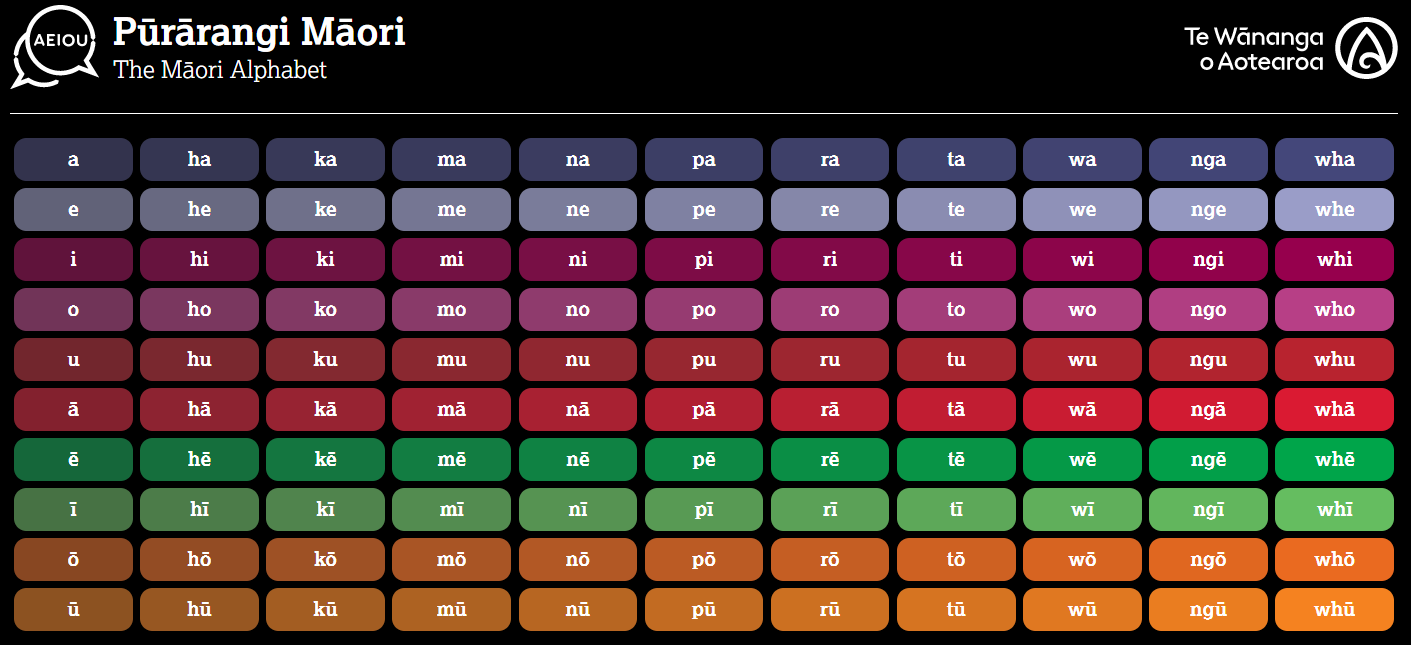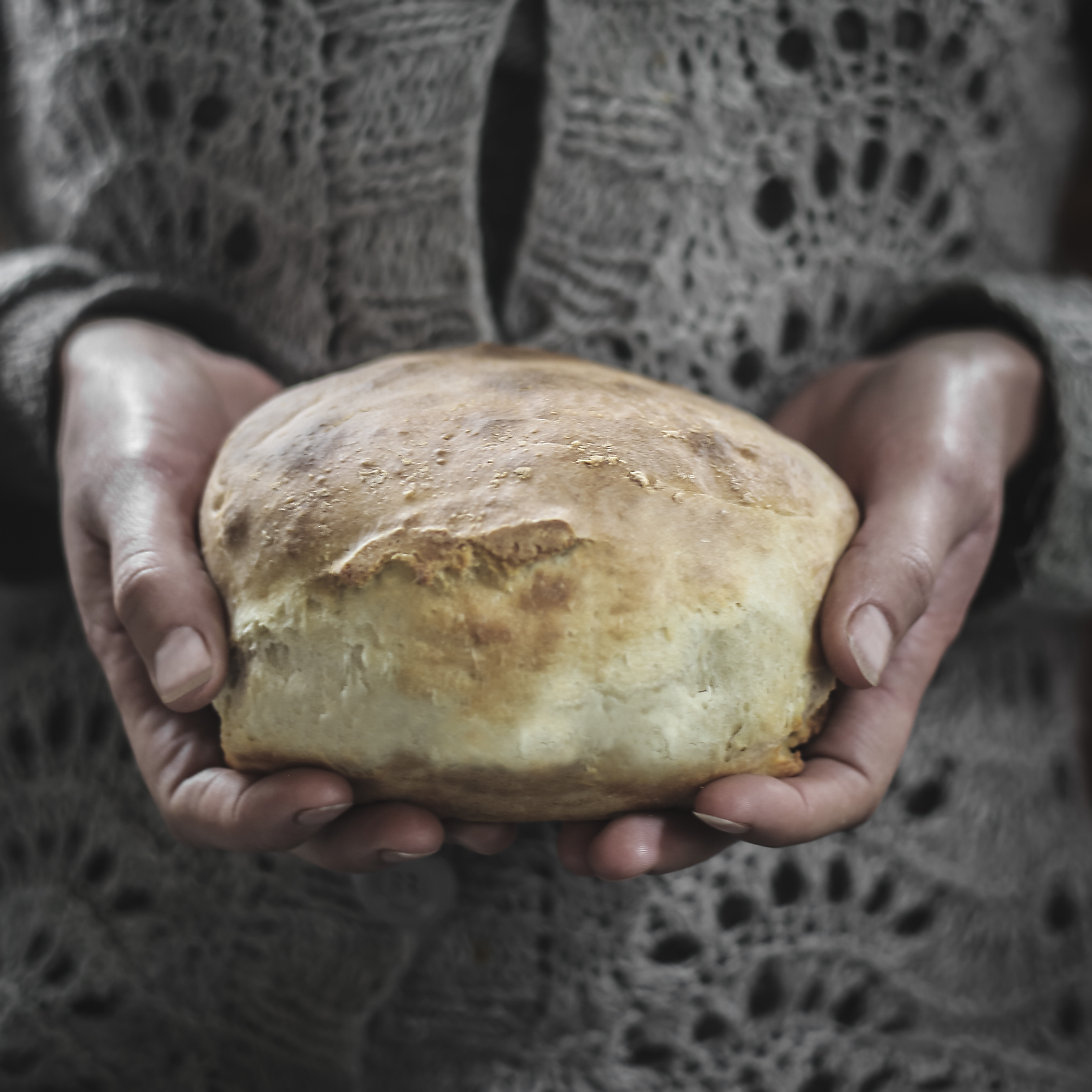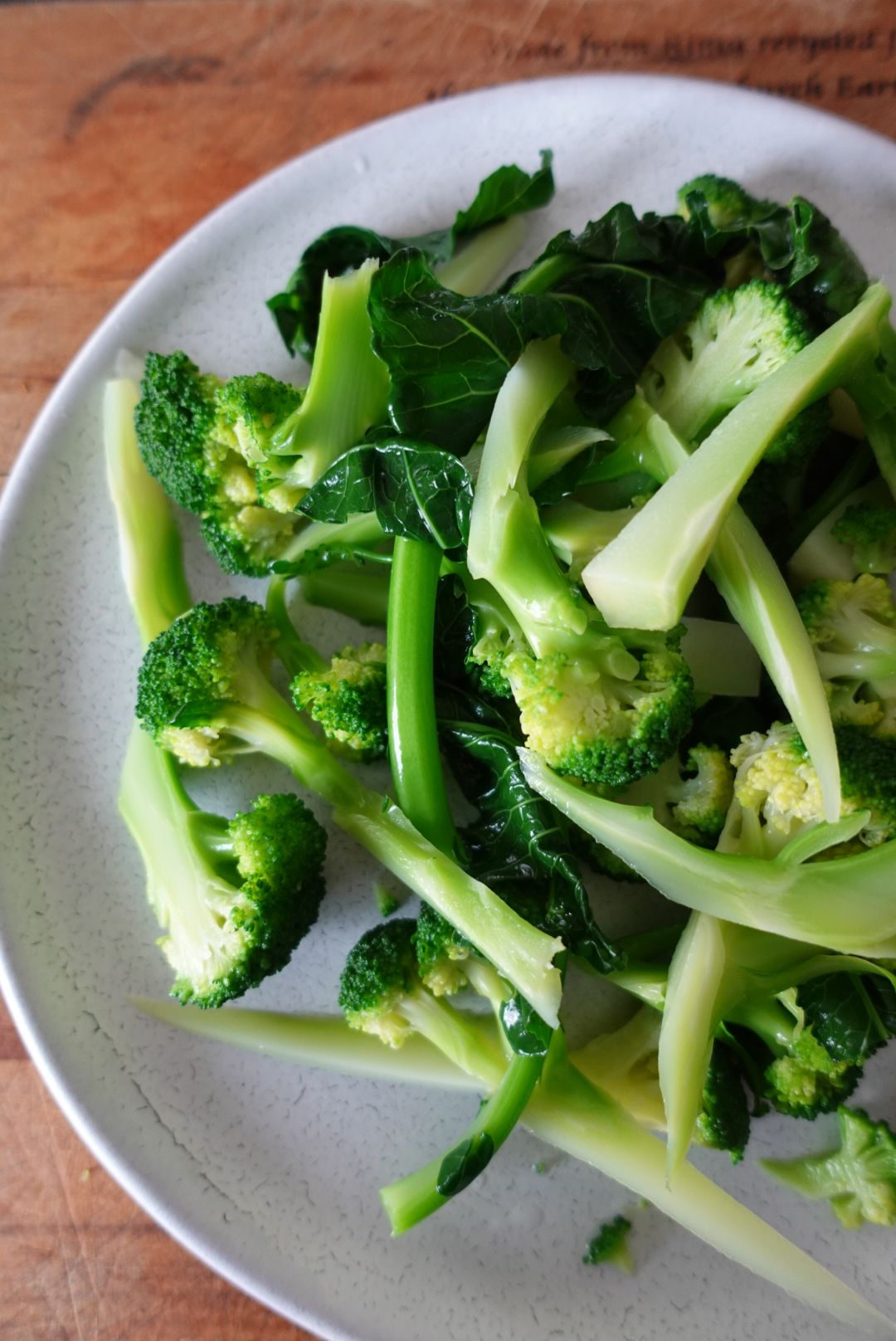Te Wiki o te Reo Māori / Māori Language Week 2023

11-17 Mahuru/Hepetema (September) 2023
Te Wiki o te Reo Māori (Māori Language Week) is held every September in honour of the presentation of the Māori Language Petition to parliament in 1972. Now in 2023, 51 years later, despite there being some negativity there is a growing trend to celebrate te reo Māori.
There are many ways we can celebrate te reo Māori, like using kupu (words) in every day conversation, and learning and practicing the correct pronunciation of Māori place names. For inspiration we have compiled some mahi māra (gardening) and kai (food) words and phrases in te reo Māori, and shared some useful links and learning resources.
Learning another language (or any new skill) can be very challenging but is hugely rewarding! Be kind to yourself, go at your own pace – everyone has to start somewhere.
Kia Kaha te Reo Māori! Let’s make the Māori language strong!
Over 30,000 signatures collected for petition to revitalise Te Reo Māori
On 14 September 1972, Ngā Tamatoa and Te Reo Māori Society presented a petition with more than 30,000 signatures to the parliament to have te reo Māori taught in schools. It has been recognised yearly since 1975 as a week for New Zealanders to celebrate te reo Māori together.
Hana Te Hemara (1940 – 1999) was a prominent Māori leader and a founding member of Māori activist group Ngā Tamatoa. The iamhana.nz website shares a wealth of knowledge about Hana Te Hemara’s life, the work of Ngā Tamatoa, and the 50th anniversary of their petition to parliament.
Mahi Māra (Gardening) and kai (food) words and phrases in Te Reo Māori
Mahi māra – Gardening
He rawe te mahi māra – Gardening is fun
Kamupūtu – Gumboots
Kei hea ō kamupūtu? – Where are your gumboots
Me whakatō ngā kākano ināianei – Plant the seeds now
Kua kohi au i ngā parahanga hei wairākau – I have collected all the waste to make compost
Kua makuru te kai, nā te angitu o te māra – We have an abundance of food because our garden was a success
Noke / Ngā noke – Worm / Worms
Mā ngā noke e pai ake ai te āhua o te oneone – Worms improve the condition of the soil
Ringaringa – Hands
He kai kei aku ringaringa – I can produce my food with my own hands
Kai – Food
He tino reka ngā kai – This food is delicious!
Hua whenua – Vegetables
He aha te kai o te pō – What’s for dinner?
Parakuihi – Breakfast
He aha te kai mō te parakuihi? – What’s for breakfast?
Parāoa – Bread
Pata – Butter
Homai te parāoa me te pata– Pass the bread and butter
Tiakina ngā toenga – Save the leftovers
Mīti – Meat
Kei te kī te mīti i te pūmua kia pakari ai ō uaua – Meat is full of protein to build your muscles
Nā tō rourou, nā taku rourou ka ora ai te iwi– With your food basket and my food basket the people will thrive
Phrases taken from the book Māori at Home: An everyday guide to learning the Māori langauge
Pūrārangi Māori (The Māori Alphabet)
Te Wānanga o Aotearoa have this super handy tool for learning how to pronounce pūrārangi Māori (the Māori alphabet).
Simply click on any button to hear how it is pronounced.
For example; to learn how to pronounce pūrārangi, listen to pū – rā – ra – ngi (make sure to pay attention to the macrons e.g. , pū / pu). Check it out here.
Huatau (Ideas) and Rauemi (Resources) for Further Learning
ReoMaori.co.nz have prepared some huatau (ideas) you can do to use and speak more te reo Māori.
“It could be as easy as greeting everyone you see with ‘kia ora’, starting your Zoom call with “mōrena”, or playing te reo Māori songs in your workplace all day.”
- Take some te reo lessons online.
- Check out NZ History’s 365 useful words and phrases in te reo Māori and 100 Māori words every New Zealander should know.
- Read Māori at Home and other books/guides from Māori Made Easy by Scotty Morrison.
- Listen to the Waiata / Anthems album which features popular songs by Six60, Tiki Tane, Shapeshifter, Lorde, Che Fu, Rob Ruha, Stan Walker, and many more, recorded in te reo.
- Use Te Aka (Māori dictionary) online (or download the the app)
If you liked this post, you may enjoy these posts too!
How to make Rēwena Bread
Rēwana bread is a traditional Māori sourdough bread, Sixth House Photography shares how they make their rēwana starter/bug and loaves using potato or kūmara… read more
How to Blanch Vegetables
What is blanching and why should we do it? We asked Jen Pomeroy from The Modern Mess to teach us… read more



